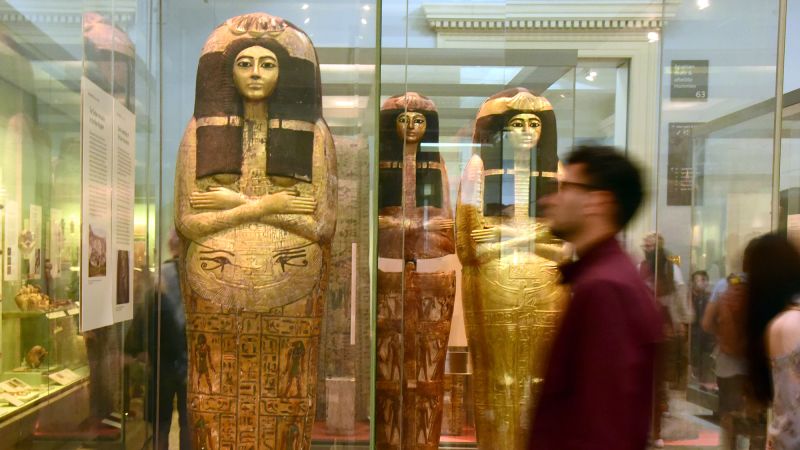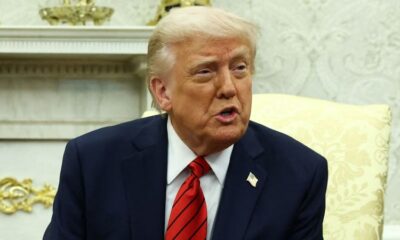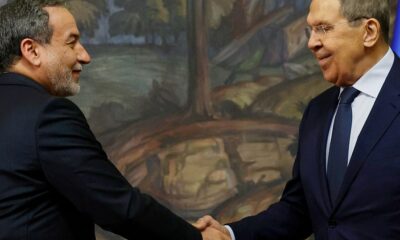CNN
—
Lawmakers and campaigners in the United Kingdom are pushing for an end to the display of human remains in museums and the sale of human body parts in auction houses.
The All-Party Parliamentary Group on Afrikan-Reparations (APPG-AR), which is made up of parliamentarians, campaigners and community members, released a report Wednesday calling for a ban on the sale and display of ancestral remains, including Egyptian mummies.
At present, the law that regulates the storage and use of human remains in the UK only requires consent for acquiring and holding body tissue from people under 100 years old.
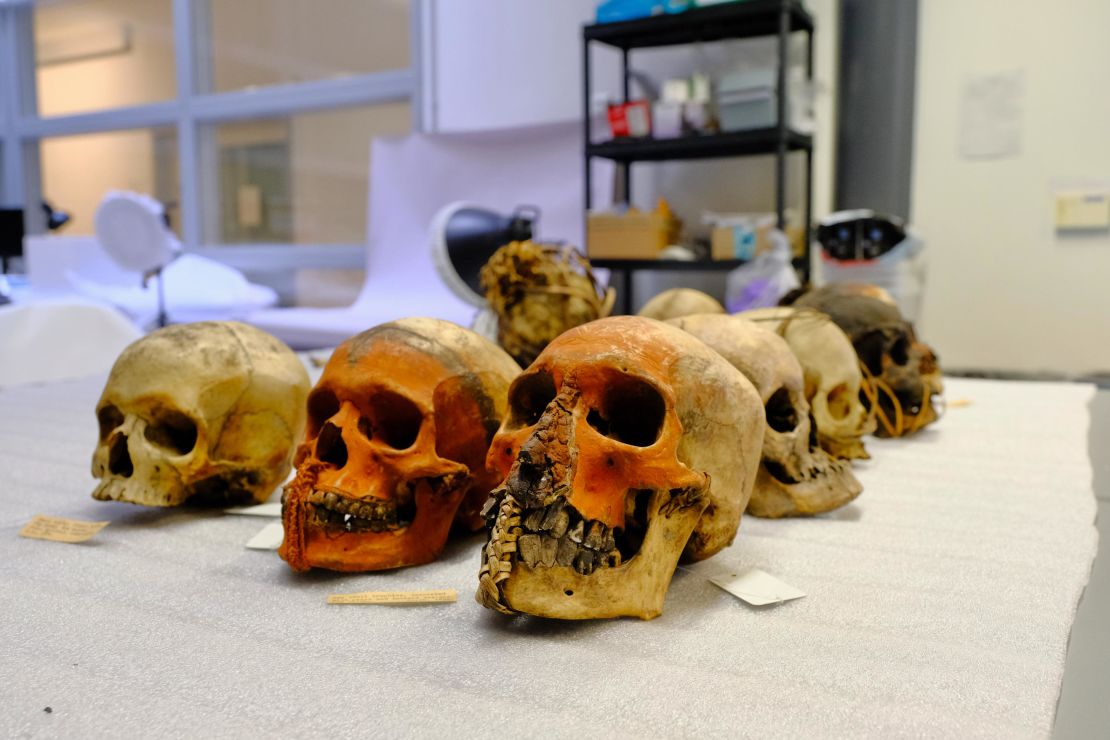
The Human Tissue Act 2004 also only prohibits people from buying, selling and possessing body parts for transplantation.
The report, titled “Laying Ancestors to Rest,” outlined the distress caused to diaspora communities by British institutions holding ancestral remains, many of which were taken during colonial rule.
“The mummified person has historically been traded among the upper classes of Britain and France as a luxurious commodity, also featuring as entertainment in British ‘mummy unwrapping parties’ in the 19th century,” the report said.
“In more recent times, Egyptian mummified persons have been transformed to the popularised, haunted ‘mummy’ figure, which reduces Egyptian heritage to exoticised mystique for the Western audience,” it added.
The report made 14 recommendations, including that the sale of human remains should be made illegal; the Human Tissue Act 2004 should be amended to include the remains of people who died more than 100 years ago; the boards of trustees for national museums should be representative of the diasporas in society; and funders should dedicate resources to mapping the inventory of ancestral remains in the UK’s cultural institutions.
Guidance for museums and other institutions on how to care for human remains was published by the British government back in 2005.
Under that guidance, museums can decide on a case-by-case basis whether or not to return human remains, if requested.
During a debate on the issue in the House of Lords, Parliament’s upper house, on Thursday, Fiona Twycross, a junior minister in the Department for Culture, Media and Sport, acknowledged that the guidance was dated and “the world has changed substantially” since then.
She added that incomplete databases and collections also make it hard to know where human remains are being kept but said the recommendations put forward in the report “will inform the government’s consideration” of the issues.
In the debate, Paul Boateng, a peer from the governing Labour party, described the trade of human body parts as an “abomination.”
“This abominable trade must stop, and the continued retention and objectifying of the remains of Indigenous peoples in our public collections, against the will of their descendants and the originating communities concerned, must cease,” he added.
He was among several politicians to praise the “good practice” of the Pitt Rivers museum in Oxford, which removed 120 artifacts, including an Egyptian mummified child, Naga trophy heads and shrunken heads, from display in 2020 as part of its “decolonization process,” because the items “reiterated racial stereotypes.”
Professor Laura Van Broekhoven, director of the Pitt Rivers Museum, told CNN in a statement Friday that the museum is “very supportive” of the calls to “ban the sales of human remains and the display of human remains in public museums.”
She added that her museum’s approach “rehumanises our museums and our collections in unprecedented ways, bringing opportunities of true partnerships, that work towards global healing and peace building.”
During the parliamentary debate, Boateng criticized the British Museum in London for refusing to hand over several preserved Māori tattooed heads and the skulls of two named individuals from the Torres Strait islands.
He added that the museum was “forever seemingly on the defensive and on the back foot” and in need of “long-overdue reform.”
Twycross said ministers regularly meet with the museum and that she would ensure that this was raised as an issue.
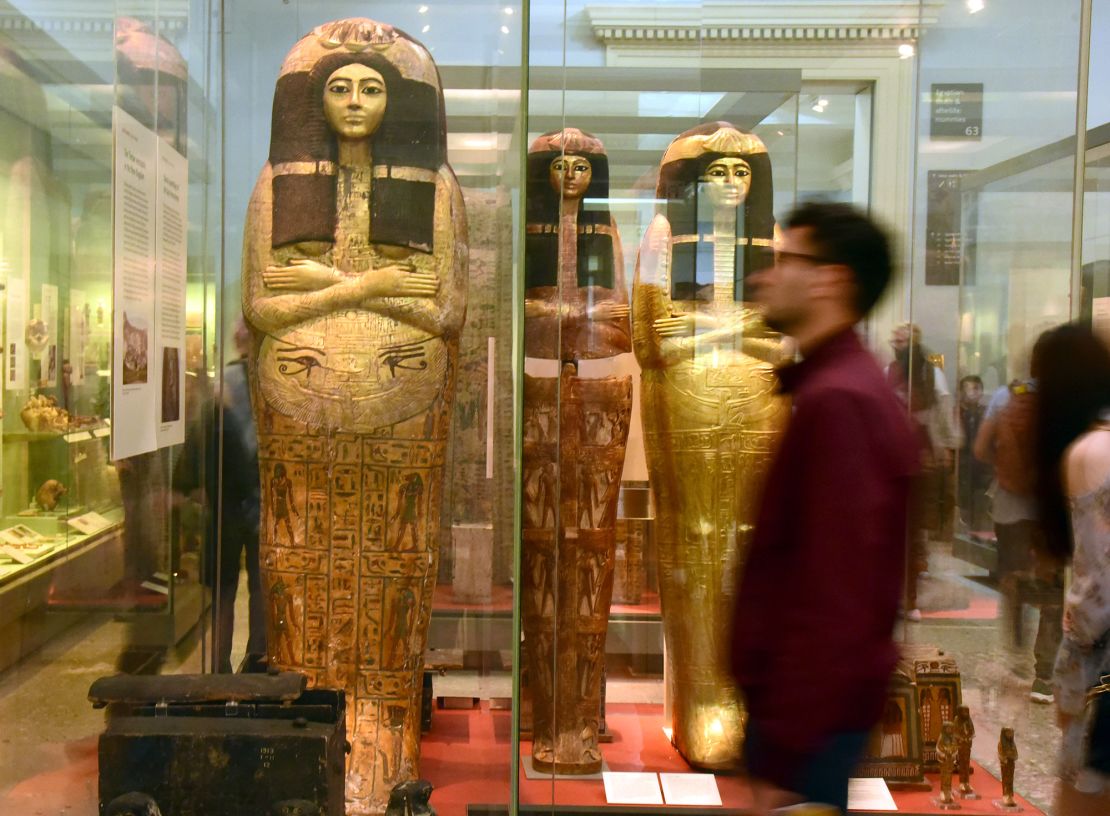
The British Museum holds more than 6,000 human remains, according to its website, which it says “furthers our understanding of the past” and advances research.
“The Museum is mindful of ethical obligations and closely follows the guidance set out by the Department of Culture, Media and Sports and the Human Tissue Act 2004 which ensures that human remains held in its care are always treated and displayed with respect and dignity,” a spokesman for the museum told CNN in a statement Friday.
Controversy surrounding the display and auction of human remains persists globally.
In October, the Swan auction house in Oxfordshire, England, was forced to withdraw more than two dozen lots of human remains, including shrunken heads and ancestral skulls, from sale after an outcry in the UK and India.
In 2023, the head of the Smithsonian Institution in the United States apologized for amassing a collection of tens of thousands of body parts, largely taken from Black and Indigenous people without their consent, during the first half of the 20th century.
The same year, London’s Hunterian Museum stopped exhibiting the skeleton of an 18th-century man known as the “Irish Giant,” who grew to be 7 feet, 7 inches tall and wanted to be buried at sea to prevent his body being seized by anatomists.

